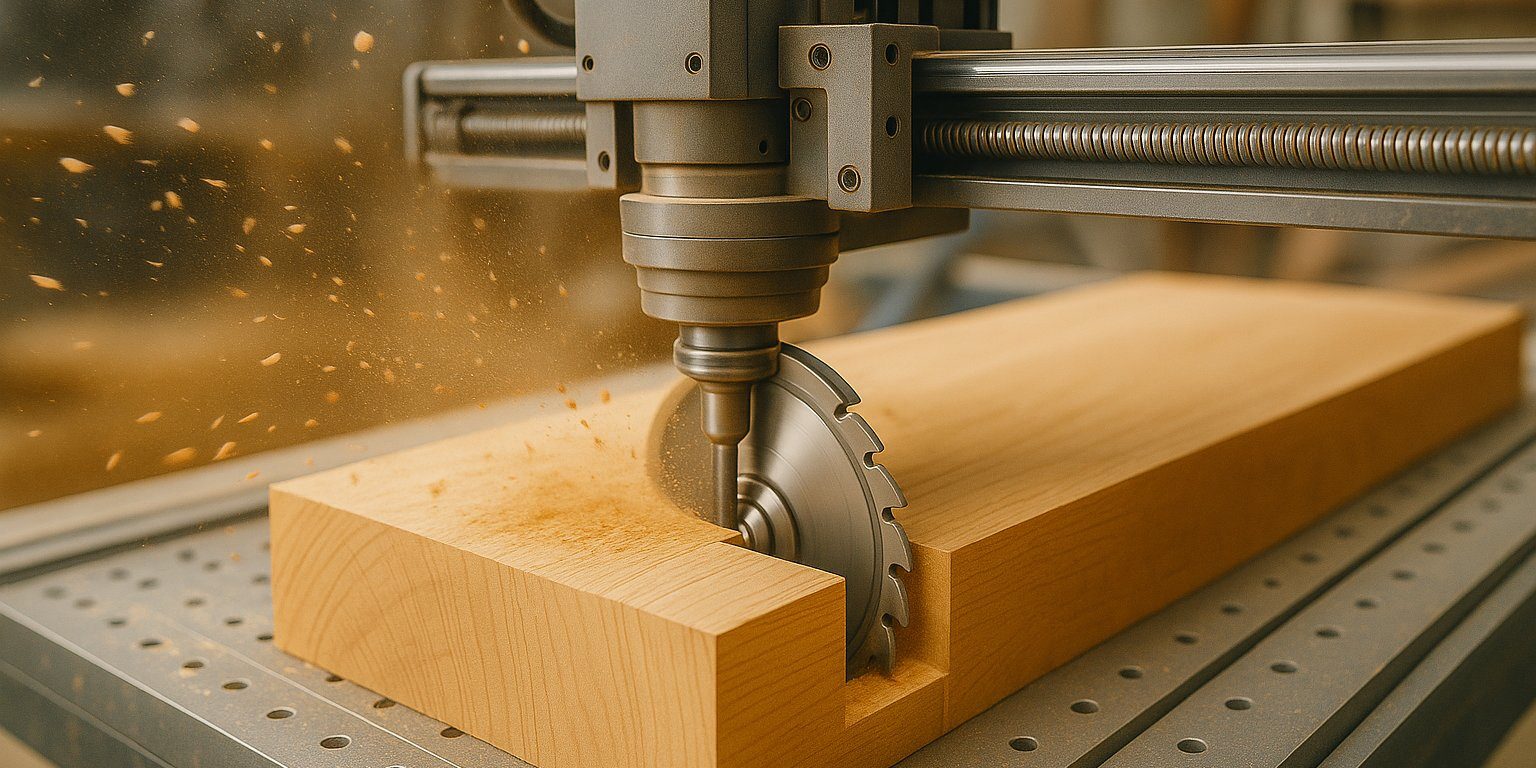Revolutionizing Woodworking: The Power of Precision Cutting Technology
At Creatimber Global Sdn Bhd, we are proud to offer premium wood solutions from Malaysia, where natural beauty meets cutting-edge technology. Wood is one of nature’s most cherished materials, loved not only for its aesthetic appeal but also for its exceptional versatility in various fields. From traditional furniture making to innovative architectural designs, precision wood cutting has opened up a world of possibilities. With continuous advancements in technology, wood cutting has evolved from time-honored hand-carving techniques to the high-tech machinery we use today, making intricate and unique designs possible.
1. The Evolution of Precision Wood Cutting Technology
The journey of wood cutting techniques has spanned thousands of years. Ancient civilizations relied on manual tools like saws and chisels, creating simple yet effective designs. With the rise of industrialization, the introduction of mechanical tools revolutionized the way wood was cut, improving both efficiency and precision. Today, we have evolved to use advanced Computer Numerical Control (CNC) machines and cutting-edge digital technologies that can precisely control the depth, angle, and position of each cut. These innovations allow for fine carving and complex shapes to be made with minimal human intervention, ensuring consistent quality and accurate dimensions in every piece of wood.
2. Modern Precision Wood Cutting: CNC and Laser Cutting
The advent of CNC technology and laser cutting has significantly enhanced the precision of wood cutting. CNC technology allows computer programs to guide cutting tools, ensuring that even the most intricate designs are executed with incredible precision. Whether it’s straight lines, curves, or detailed patterns, CNC technology guarantees uniformity across all cuts, boosting product quality and production efficiency.
Laser cutting takes precision to the next level. By using a high-energy laser beam, laser cutting makes precise cuts without direct contact with the wood, preventing surface damage typically associated with traditional tools. This process also allows for detailed engraving, making laser cutting ideal for creating high-end furniture, art pieces, or decorative elements. With the ability to create delicate and detailed patterns, laser cutting adds a unique touch to the final product.
3. Applications of Precision Wood Cutting Across Industries
Precision wood cutting is not limited to furniture or construction; its uses are vast and varied. In home décor, intricate designs like carved window panels, ornamental features, and decorative furniture can be crafted with remarkable accuracy, adding elegance and sophistication to any space. These finely crafted wood pieces are a testament to the beauty of precision cutting and contribute to creating unforgettable designs.
In the construction industry, precision cutting is essential for creating wooden structures, roof systems, and façades. With high precision, architects and builders can achieve complex, innovative designs that push the boundaries of traditional woodwork. Modern architecture benefits from the use of precision-cut wood, allowing for enhanced aesthetic appeal and structural integrity.
Moreover, in the world of art, precision wood cutting has become an essential tool for contemporary artists and designers. By using CNC and laser cutting technologies, artists can create stunning wood sculptures and installations that highlight the natural beauty of wood while introducing new artistic forms. These pieces are not just functional—they are expressions of creativity, combining the organic nature of wood with modern design techniques.
4. Overcoming Challenges and the Future of Precision Wood Cutting
While precision wood cutting has come a long way, there are still challenges to consider. Wood, being a natural material, comes with its unique set of characteristics, including varying textures, moisture content, and grain patterns. These factors can sometimes make the cutting process more complex, as different types of wood respond differently to cutting methods. Additionally, traditional cutting methods generate waste materials, such as wood shavings, and can pose health and environmental risks.
However, the future of wood cutting technology holds immense promise. As innovations continue, we can expect even more precise and efficient cutting techniques. Artificial intelligence (AI) and machine learning are already being integrated into the wood processing industry, allowing machines to automatically adjust cutting parameters based on the unique characteristics of each wood piece. This will not only improve the accuracy of cuts but also contribute to a more sustainable and automated production process.
5. Conclusion: The Endless Possibilities of Precision Wood Cutting
Precision wood cutting is more than just a technical process—it is a fusion of art, craftsmanship, and innovation. As technology continues to evolve, it will open up even more possibilities for how wood can be used in various industries. Whether in furniture design, construction, or art, the precision cutting of wood allows us to push the boundaries of creativity while ensuring superior quality and craftsmanship.
At Creatimber Global Sdn Bhd, we are committed to providing the finest wood products and leveraging the latest in cutting-edge technology to meet the diverse needs of our clients. From sustainable wood sourcing in Malaysia to state-of-the-art precision cutting techniques, we bring you the best in both quality and craftsmanship. The future of precision wood cutting is here—and it’s reshaping the way we view this timeless material.






